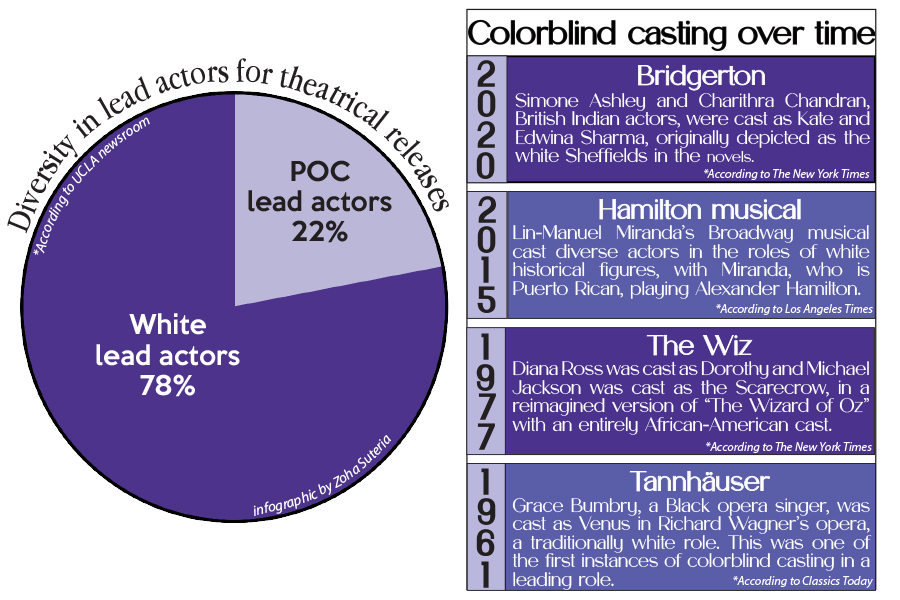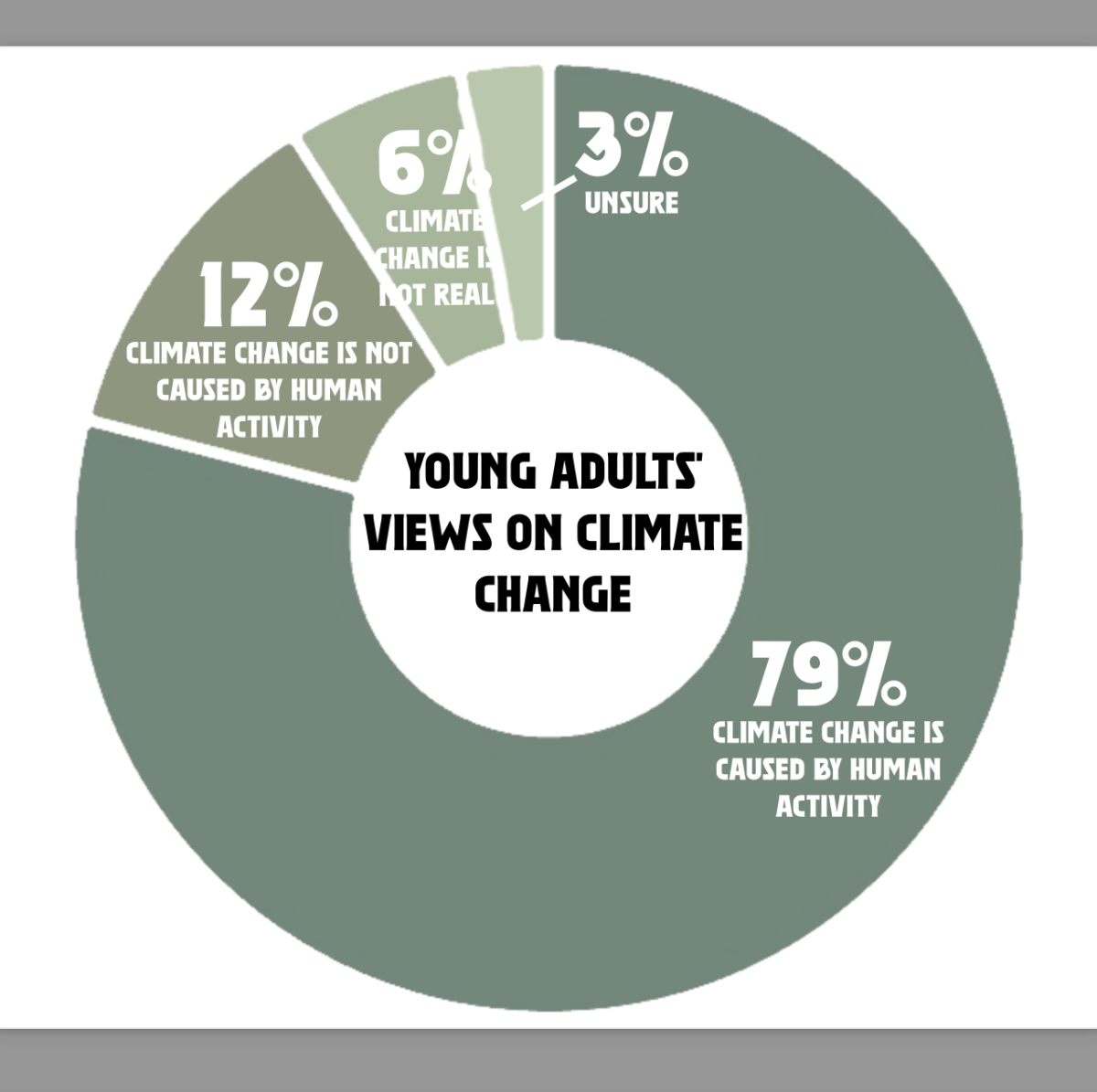In the five years since I have seen my relatives in Korea, I feel like I’ve missed an irrecoverable amount of birthdays, anniversaries, and gatherings shared with them: key moments that make a family a family. How can I begin to bridge the gap of hundreds of unspoken conversations and thousands of miles between us?
As I live my own life in America, I can feel my childhood memories with my relatives fade, leaving only a feeling that family must be more; it must be more than annual phone calls and once-in-a-decade visits.
I’m not the only one that struggles with this issue. Nearly 64 percent of American immigrants believe that family ties have gotten weaker in the past twenty years, according to a 2019 Pew Research Center survey.
Reasons for missed connections vary, but I believe most are essentially centered around differences in culture. In my experience, Asian culture tends to lean towards a more conservative, private dynamic. Rather than directly saying “I love you,” Asian parents or relatives will express love in a roundabout manner—for example by cutting your fruit, forcing you to study, or secretly filling up your gas.
It’s easy to feel resentment towards this seemingly indifferent presentation of affection and make the effort to bridge the cultural divide, but that does not mean that it should be impossible. While it is natural for friends and relatives to drift apart with distance and time, it should not be an excuse for the lack of communicating, or a lack of effort for trying; in order to maintain a relationship with your loved ones, you must reach out to them.
But of course, reaching out to your relatives could prompt a different problem: a language barrier. While I am fortunate enough to speak Korean fluently, others may not be in the same situation with their native languages. By the fourth generation, only two percent of immigrant children can speak their native language, according to a study conducted by sociologists Rubén G. Rumbaut and Douglas S. Massey.
However, directly speaking to people is not the only format of communication. As people always say, actions speak louder than words; show that you are trying to reach out, and your effort will be appreciated, and over time you will be able to not only maintain long-distance relationships with your loved ones, but strengthen them even further.
While taking the first step may seem daunting, I urge you to do so. Send the text message, make that phone call, maybe even just leave a voice message.
We only have one family, after all.











